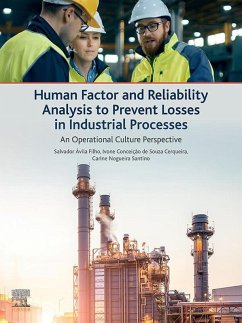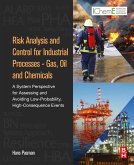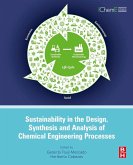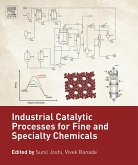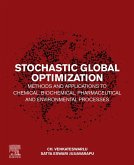The book presents a methodology for the quantification and investigation of human reliability, and verification of the influence of human factors in the generation of process losses, consisting of the following steps: contextualization, data collection, and results; performing task and loss observation; socio-technical variable analyses; and data processing. Investigating human reliability, concepts, and models in situations of human error in practice, the book identifies where low reliability occurs and then visualizes where and how to perform an intervention. This guide is an excellent resource for professionals in chemical, petrochemical, oil, and nuclear industries for managing and analyzing safety and loss risks and for students in chemical and process engineering.
- Relates human reliability to the environment, leadership, decision models, possible mistakes and successes, mental map constructions, and organizational cultures
- Provides techniques for the diagnosis of human and operational reliability
- Gives examples of the application of methodologies in the stage of diagnosis and program construction
- Discusses competences for the analysis of process losses in industry
- Investigates real-life situations where human errors cause losses
- Includes practical examples and case studies
Dieser Download kann aus rechtlichen Gründen nur mit Rechnungsadresse in A, B, BG, CY, CZ, D, DK, EW, E, FIN, F, GR, HR, H, IRL, I, LT, L, LR, M, NL, PL, P, R, S, SLO, SK ausgeliefert werden.

